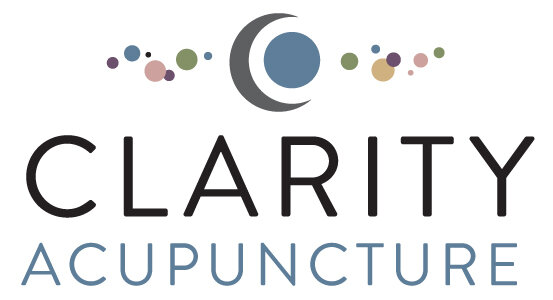Does acupuncture work for pain?
“Pain is inevitable; suffering is optional”
Millions of people in the US—and billions of people around the world—are afflicted with some type of pain. Pain takes many forms and has many causes, many of which are still not understood. I have talked to many patients who cannot find the words to describe their pain, and who feel that people in their lives just don’t understand what their pain is like. And there’s truth to that; a person’s pain can be highly individual. The good news is that acupuncture may help, because we treat each person as an individual.
Does Acupuncture Work for Pain?
Many people seek acupuncture for pain relief, and with good reason. It is a safe and effective approach to treating pain, and is much safer than taking drugs such as opioids. In fact, some studies have shown that acupuncture can be more effective at relieving pain than taking prescription medications.
Modern research has shown acupuncture to be effective for many pain conditions, including:
· Chronic musculoskeletal pain including back, shoulder and neck pain
· Headaches including tension headaches and migraines
· Osteoarthritis pain including osteoarthritis of the knee
· Sciatica
· Neuropathic pain
· Myofascial pain
· Cancer-related pain
· Acute pain
A team of researchers reviewed data from a wide range of studies conducted on the use of acupuncture for various forms of pain and concluded:
“In terms of implications for clinical practice, we have confirmed that acupuncture has a clinically relevant, persistent effect on chronic pain that is not completely explained by placebo effects. Referral for a course of acupuncture treatment is therefore a reasonable option for a patient with chronic pain.”1
How does acupuncture work for pain?
There are several ways to look at the answer to this question.
Acupuncture helps to balance imbalances and encourages blood flow to areas of injury or chronic pathology, and stimulates the body’s ability to heal
Acupuncture works with the chemistry of the body to release certain chemicals, to affect pain. Modern science has been able to map the specific effects of individual acupuncture points, showing they work with signals either going to the brain or those traveling along the spinal cord to the body.
We have various tools, such as e-stimulation, that can help muscles function properly again—and lessen or stop pain, if the muscle malfunction is contributing to the pain.
Other tools, such as cupping and gua sha, encourage blood flow and can help tight muscles to relax
If you have been struggling with pain, schedule an appointment, and we’ll see if acupuncture may be what you need.
By the way, if you’d like to read more about the science behind acupuncture for pain, there’s a really good summary of acupuncture for pain here.
1. Vickers, A. J., Vertosick, E. A., Lewith, G., MacPherson, H., Foster, N. E., Sherman, K. J., Irnich, D., Witt, C. M., Linde, K., & Acupuncture Trialists' Collaboration (2018). Acupuncture for Chronic Pain: Update of an Individual Patient Data Meta-Analysis. The journal of pain, 19(5), 455–474. https://doi.org/10.1016/j.jpain.2017.11.005
